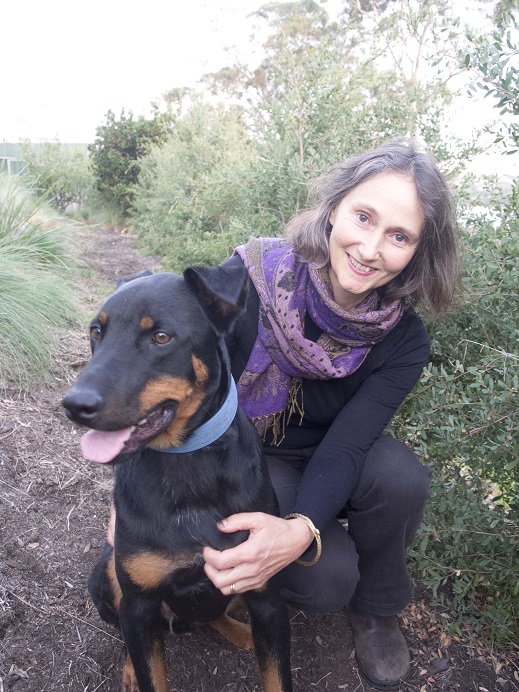
Sequenza is delighted to perform a new version of our own Quin Thomson’s “Birdsong” cycle (augmented by the sonorous tones of the Sequenza’s violone, which was acquired with the help of Creative Partnerships Australia‘s Match program) as part of our upcoming “Disappearing” program. The cycle takes its libretto from several poems by Tasmanian poet Adrienne Eberhard.
Adrienne is a Tasmanian poet, with five published collections of poetry: Agamemnon’s Poppies (2003), awarded second place in the Anne Elder Prize and longlisted in the Victorian Premier’s Prize; Jane, Lady Franklin (2004), adapted for PoeticA, Radio National; This Woman (2011), short-listed for the 2013 Tasmania Book Prize; The Voice of Water (2019), in collaboration with artist, Sue Lovegrove; and Chasing Marie Antoinette All Over Paris (2021), both longlisted for the Tasmanian Literary Awards 2022. Her poems are included in anthologies such as Motherlode (Puncher and Wattmann, 2009); Australian Love Poems, (Inkerman & Blunt, 2013), Prayers of a Secular World (Inkerman & Blunt, 2015) Contemporary Australian Poetry (Puncher and Wattmann, 2016) and Best Australian Poems (Black Inc, 2009; 2017). Her poems have been used as libretto, transposed onto giant banners for calligraphy exhibitions, and been translated into French. Adrienne has taught poetry at UTAS, run creative workshops for students and adults, and was the poetry editor of Island magazine between 2008 and 2011.
Of her poetry, she says: “My inspiration for writing comes primarily from the natural world. Many of my first published poems were written in response to experiences in nature, and about specific places, such as the west coast of Tasmania. My writing continues to explore themes of nature, place, history and love, with a particular focus on the ways in which places shape people. My poetry draws attention to the close connections between humans and nature, and to the fragility, beauty and minutiae of the things we tend to overlook and take for granted, such as birds, grasses, and the air we breathe.”
And this is what she says about the Birdsong cycle: “The music was exquisite, with its echoes and replications of bird sounds, and Quin Thomson’s voice, singing the words of the poems, was astonishing in its rich tone and range. The performance was haunting, absorbing and unforgettable.”
